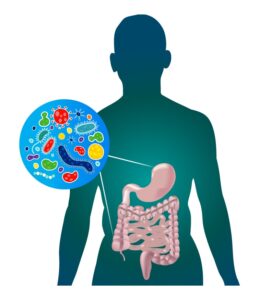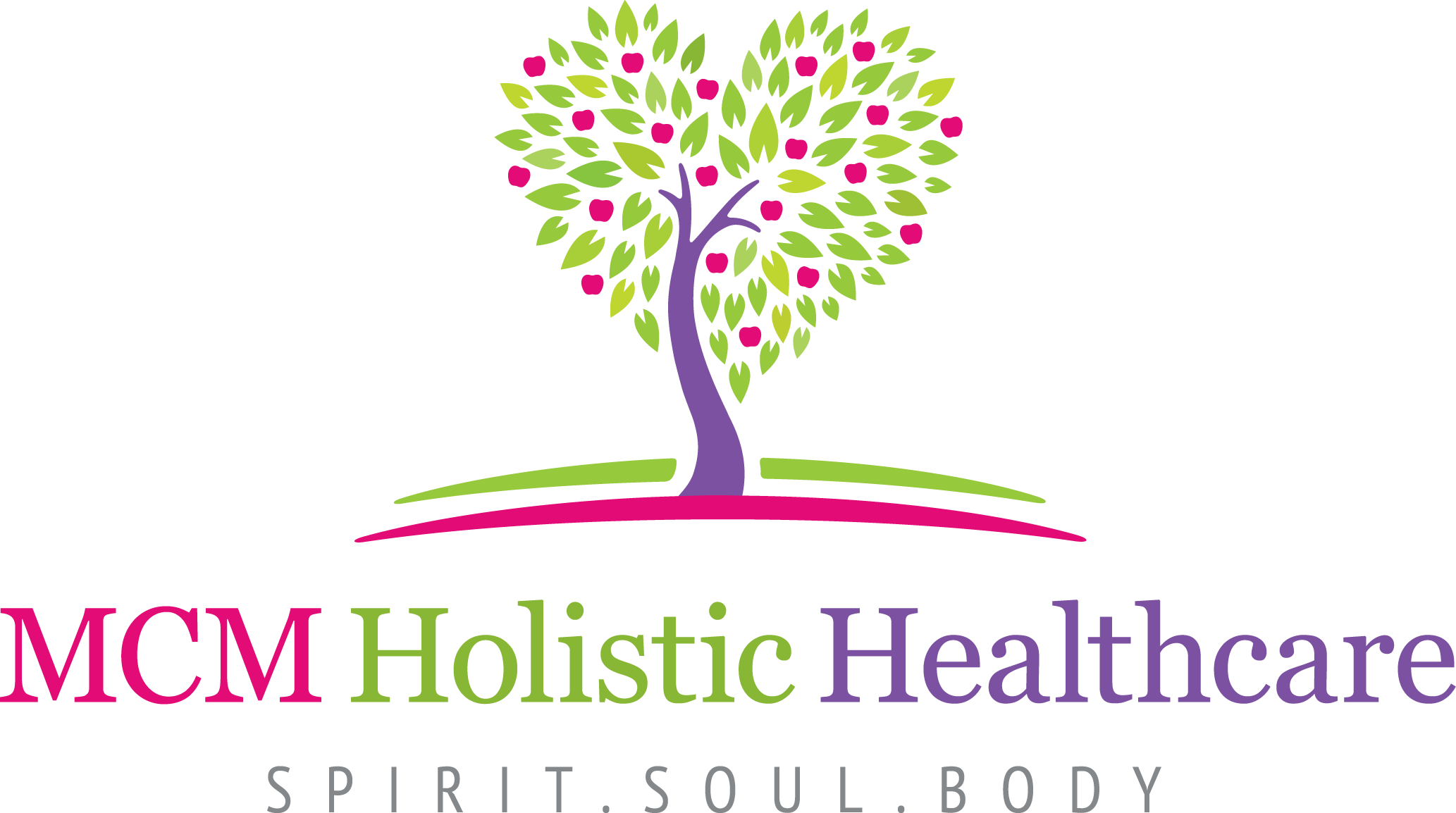“Beneficial Bacteria: Unveiling the Power for WellnessBacteria, often seen negatively, play a crucial role in health. Over a century ago, infectious diseases were rampant, but the discovery of bacteria led to improved sanitation.Despite bacterial infections persisting, modern advancements in antiseptics and antibiotics have reduced their impact.
However, our obsession with killing germs may contribute to health problems, as some bacteria are beneficial.Approximately 40 trillion bacteria reside in the body, with most in the intestines. While crucial for health, certain bacteria can contribute to diseases.
Achieving a healthy microbiome involves balancing these bacteria.Factors like antibiotics, NSAIDs, and chlorinated water contribute to intestinal dysbiosis. Restoring a healthy microbiome involves knocking down unfriendly microbes, altering the diet, and incorporating probiotics.Intestinal dysbiosis can impact not only digestion but also the immune system and mental well-being. Symptoms include gas, bloating, nausea, and more.To combat dysbiosis, incorporating probiotics, prebiotics, and a diverse diet is crucial.
Natural remedies and supplements can aid in this process.Understanding the difference between SIBO (Small Intestinal Bacterial Overgrowth) and Leaky Gut is essential. SIBO causes digestive symptoms, while Leaky Gut can manifest in various autoimmune conditions, joint pain, allergies, and chronic fatigue.Natural therapies for SIBO involve eliminating irritants, improving intestinal motility, and balancing bacteria.
Supplements like L-glutamine, kudzu, and aloe vera can aid in healing.In summary, fostering a healthy microbiome involves understanding the balance of beneficial and harmful bacteria. Incorporating probiotics, maintaining a diverse diet, and addressing dysbiosis can contribute to overall well-being.”Feel free to adjust or let me know if you have specific preferences!

